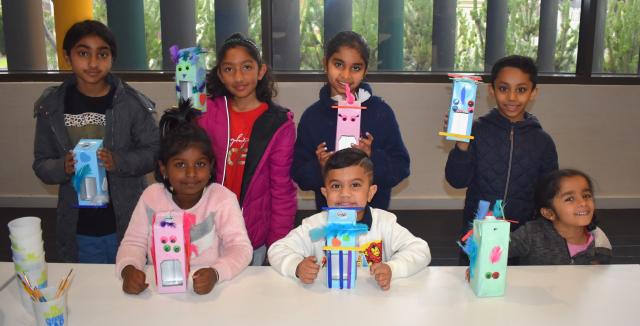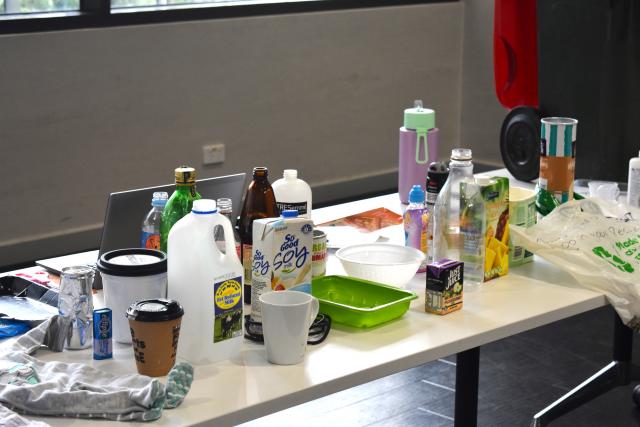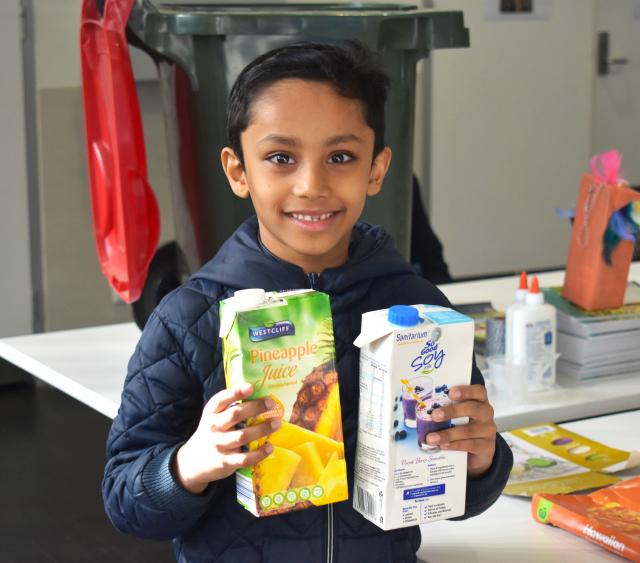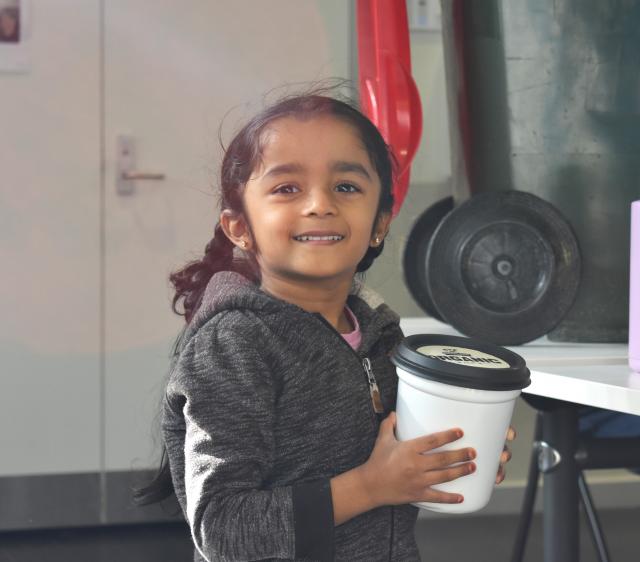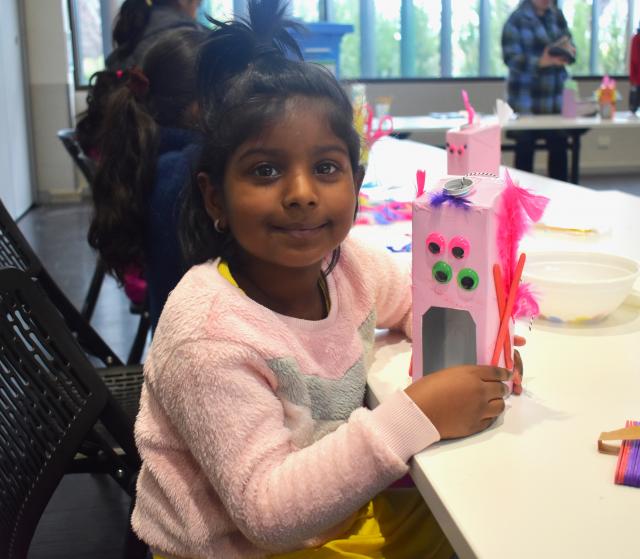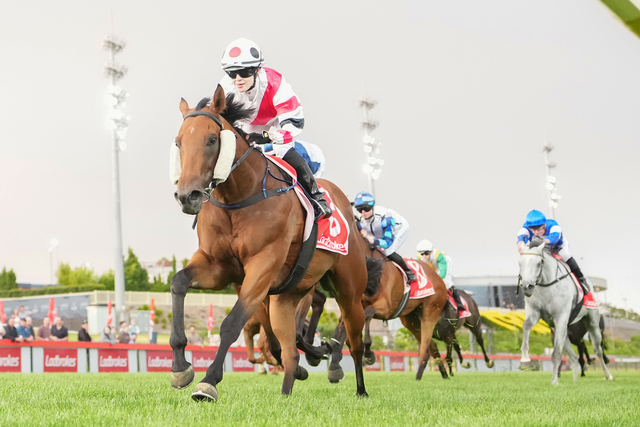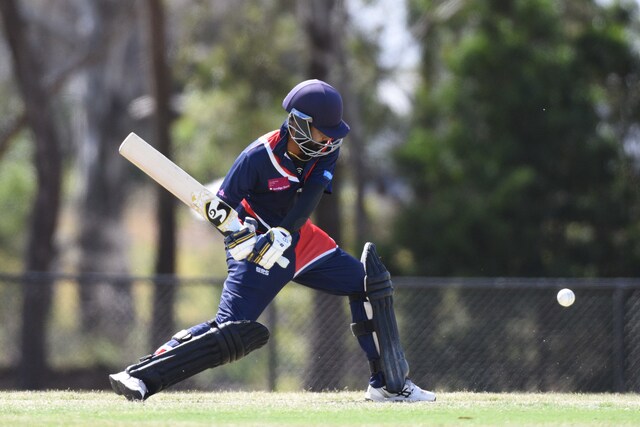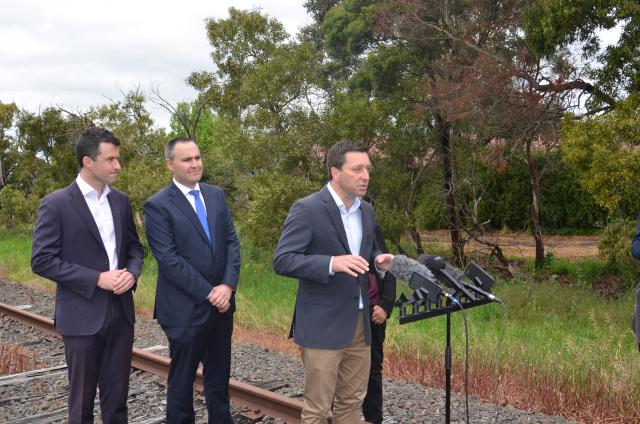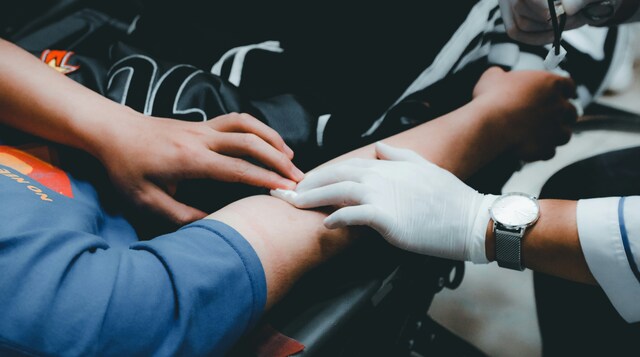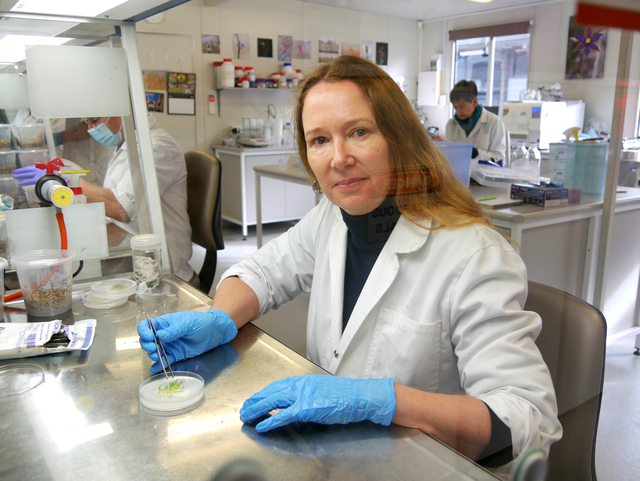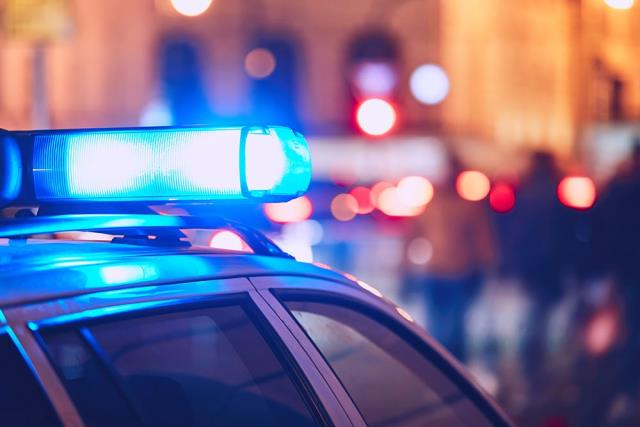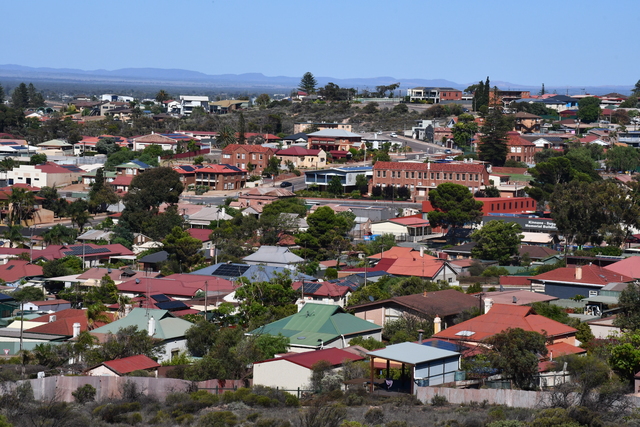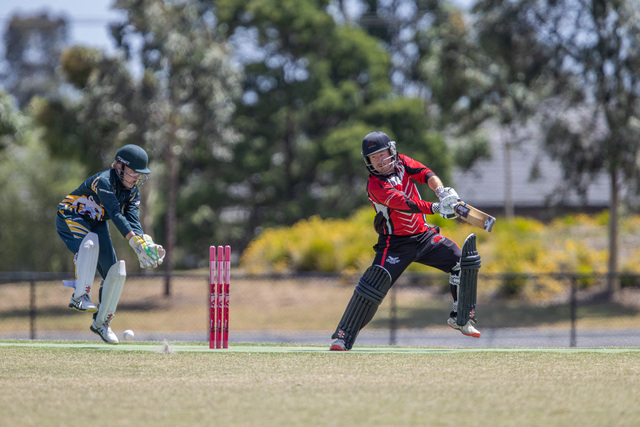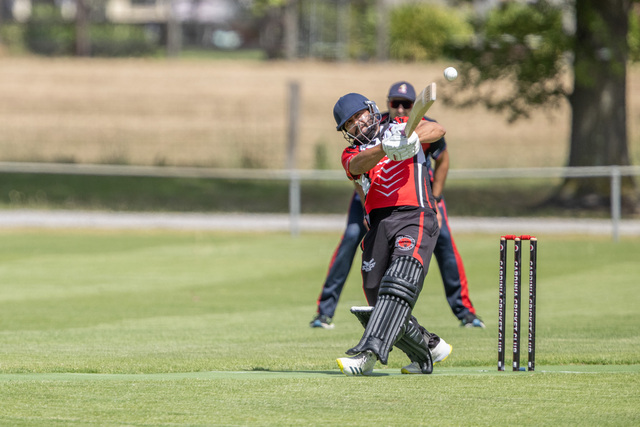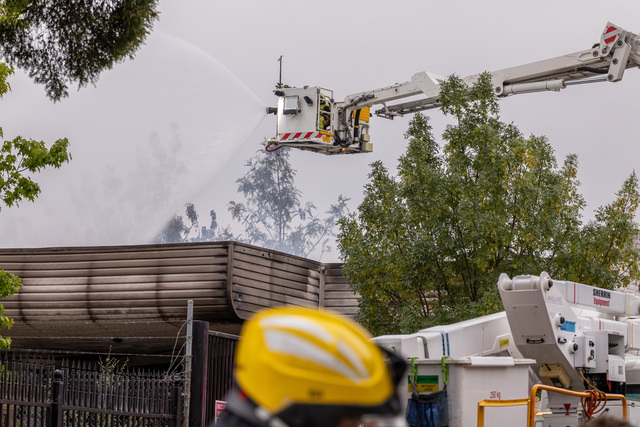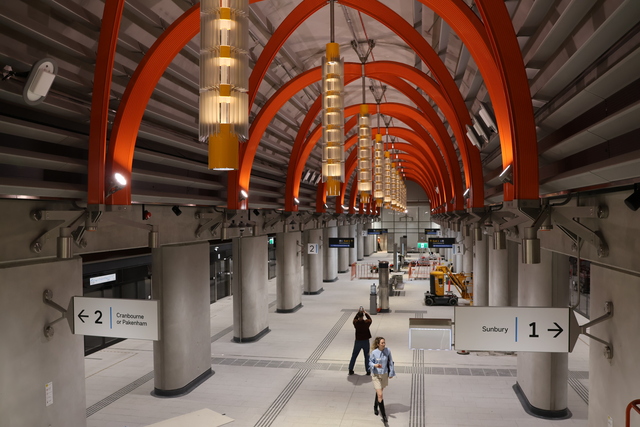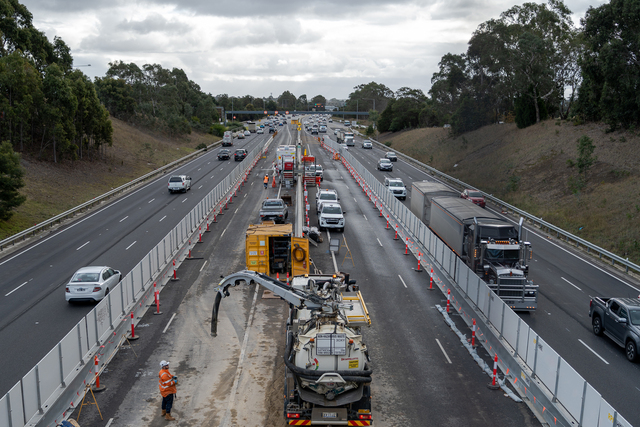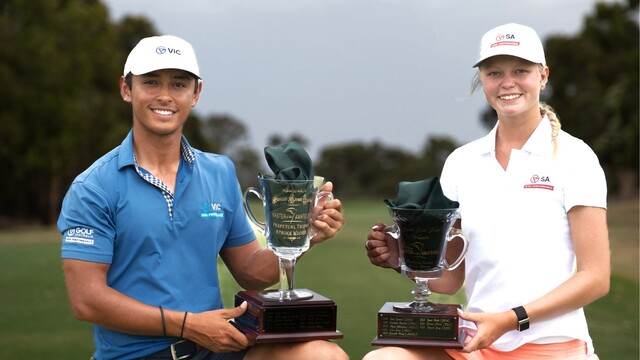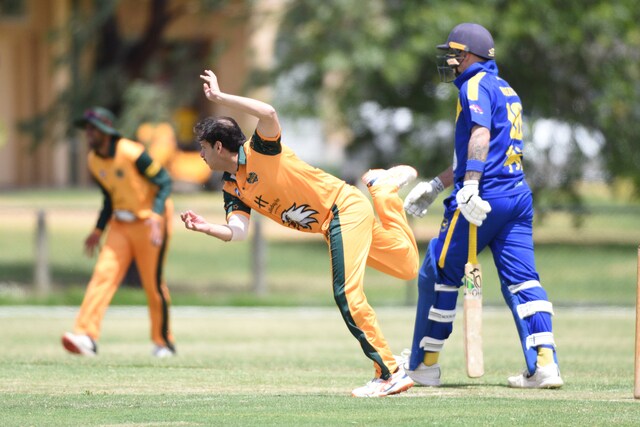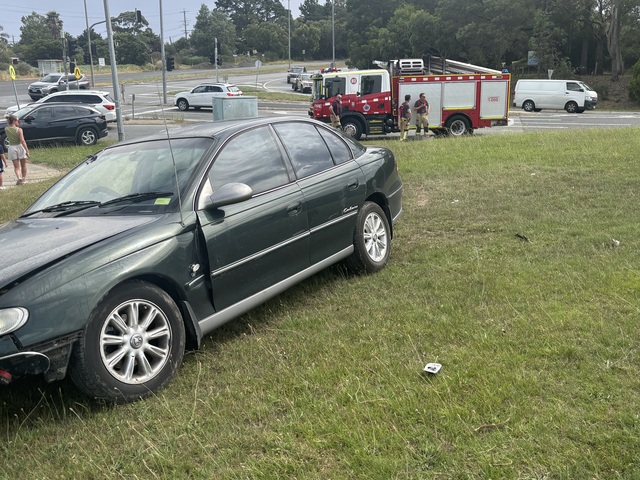A group of eco-conscious kids were tested on their recycling know-how as part of an interactive crafting session.
The City of Casey held their “Be an Eco-Kid” event at the Lynbrook Community Centre on Thursday 29 June, run by a Waste Education team member.
The 90 minute session included a discussion about what can and can’t be put into kerbside recycling bins, followed by a crafting activity where the kids were able to make bird feeders out of recycled tetra paks.
The kids were also asked how they show their eco-consciousness at home.
Jeslyn said her family doesn’t buy fruits and vegetables wrapped in plastic, or use plastic bags available in the fresh produce section.
Niyana said she takes things her parents don’t use anymore to use in her craft activities.
Nethraa does this too, saying she makes “rockets” and “butterflies”.
Thejaswini said she is responsible for putting milk cartons into the recycling, and Vibhu said his family use milk bottles as planters.
From a group of different items, kids and parents alike were tested on their knowledge of “recycling right”.
Among the selection of items displayed in the session were take-away coffee cups, milk and juice containers, class soft drink bottles, black plastic trays and reusable plastic shopping bags.
Each young eco-warrior was given a different household rubbish item and asked which kerbside bin they would put it in, getting the correct answer almost every single time.
The more dicey items, such as phone cables and used clothing, were left for the parents to decide.
The adults were surprised to know these items aren’t suitable for either bin and can only be disposed of through hard rubbish collection or specific drop points.
After getting gold-star rounds of applause on their recycling instincts, the kids were each given a painted tetra pak to decorate and take home as a bird feeder.
Some of the adults got involved too, crafting their own feeders with feathers, icy pole sticks, googly eyes and craft love hearts.
After 30 minutes of sticky fingers and creative freedom, the feeders were complete and the results were heartwarming and hilarious.
The kids were also given a companion “Gardens for Wildlife” booklet explaining what different native birds can eat and where to source their food from.
“Evidence shows that children are great change-makers in the home,” City of Casey Acting Manager Sustainability and Waste Vandana Rama said.
“Teaching children to recycle correctly helps create awareness and skills that last into adulthood, and shows them how they can take meaningful action to help the environment.”
The Waste Education team explained what items can be recycled and why others can’t, using the number system as the best way to determine suitability.
“Recycling can be tricky and there are common mistakes many of us make,” Ms Rama said.
In Casey, items with numbers one to five on their base can be recycled, while those bearing six and seven must be put elsewhere.
Reusable plastic shopping bags are perhaps the most misleading, flaunting a large Mobius loop generally attributed to recyclables.
However, the bags cannot be recycled as they are made of soft plastic, which has little recyclable value compared to their harder counterparts.
They can also become tangled in the machinery and can contaminate other items which then end up in landfill.
Any plastics that are “scrunchable” aren’t suitable for recycling bins.
Contamination is a big issue in the recycling world.
Any items still containing food or liquid residue, or those who haven’t been appropriately disposed of will contaminate other properly recycled items around them, and the entire section of the waste will end up in landfill as a result.
While Hampton Park does currently house one of Victoria’s largest landfill sites, Veolia’s operating licence at the tip will conclude in 2040, and waste will need to find a new home.
Black plastics, including meat trays and yoghurt lids, also cannot be recycled, being too dark for the laser used in the machinery to pick up.
Much to the surprise of the kids, tetra paks are also unsuited to the big blue bins, containing foil and plastic in their lining, similar to take-away coffee cups.
Paper receipts were likewise a shock, being designated to the landfill bin.
Receipts contain inks which cannot be recycled, and the “paper” is mixed with plastic.
Plastic lids too are a no-go, but metal and aluminium lids scrape across the line.
The Waste Education team explained the machinery used in recycling has a magnet that is able to sift out metal lids and allocate them for their own specific recycle-cycle.
Ceramics and dinnerwear glasses can either be donated or, if they are broken, placed in the landfill bin.
Glass bottles are at home in the blue bin, but if they are broken, they become landfill-bound.
When items are recycled correctly, the Waste Education team explained, they can create amazing things, like new kerbside bins, playground equipment, benches and park furniture.

